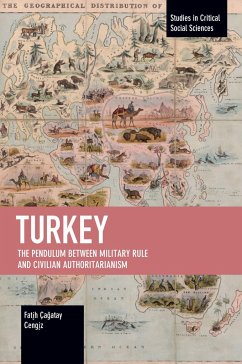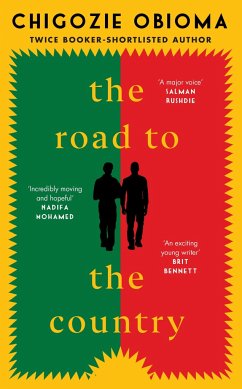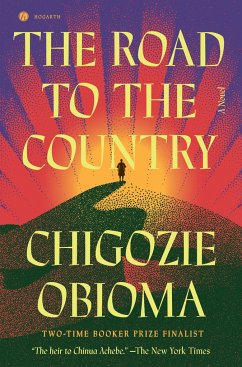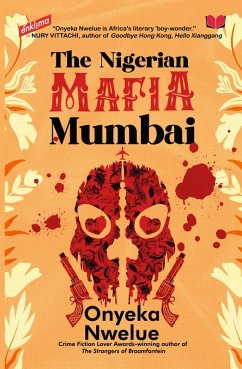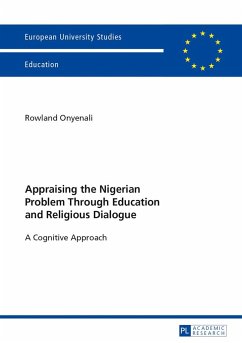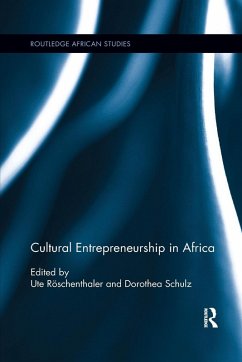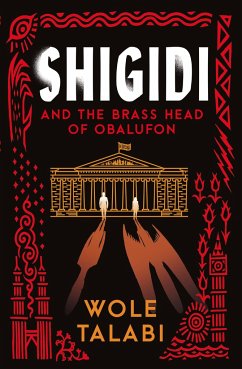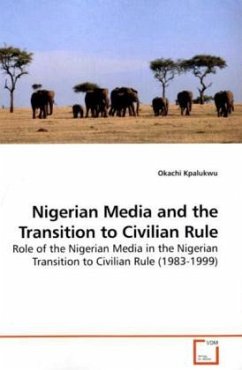
Nigerian Media and the Transition to Civilian Rule
Role of the Nigerian Media in the Nigerian Transition to Civilian Rule (1983-1999)
Versandkostenfrei!
Versandfertig in 6-10 Tagen
79,00 €
inkl. MwSt.

PAYBACK Punkte
0 °P sammeln!
Observers of the Nigerian transition to civilian rule accused the Nigerian media early in the transition of playing the "politics of confusion" in the country by "undermining their role as the voice of the common people and the watchdog of government." They supported their view by alleging that the "uninhibited nature of the Nigerian media" has warranted its members "the privilege of crossing state boundaries in search of newsworthy information." As such, reporters in one state could publish "untrue or unresearched information about politicians in another state," thereby "inciting the citizens...
Observers of the Nigerian transition to civilian
rule accused the Nigerian media early in the
transition of playing the "politics of confusion" in
the country by "undermining their role as the voice
of the common people and the watchdog of
government." They supported their view by alleging
that the "uninhibited nature of the Nigerian media"
has warranted its members "the privilege of crossing
state boundaries in search of newsworthy
information." As such, reporters in one state could
publish "untrue or unresearched information about
politicians in another state," thereby "inciting the
citizens of that state against their leaders and
vice versa." Or, uncharacteristically, they could
resort to "praise-singing of corrupt leaders,
thereby undermining the grievances of the ordinary
citizen." Although distinction has to be made
between "government" and "private" media, as each
party is treated differently in these allegations,
this study posits that this single act of
condescension by one of Africa s most "vibrant"
media, perhaps, set the tone for the "murky" outcome
of the transitions from military to civilian rule in
Nigeria.
rule accused the Nigerian media early in the
transition of playing the "politics of confusion" in
the country by "undermining their role as the voice
of the common people and the watchdog of
government." They supported their view by alleging
that the "uninhibited nature of the Nigerian media"
has warranted its members "the privilege of crossing
state boundaries in search of newsworthy
information." As such, reporters in one state could
publish "untrue or unresearched information about
politicians in another state," thereby "inciting the
citizens of that state against their leaders and
vice versa." Or, uncharacteristically, they could
resort to "praise-singing of corrupt leaders,
thereby undermining the grievances of the ordinary
citizen." Although distinction has to be made
between "government" and "private" media, as each
party is treated differently in these allegations,
this study posits that this single act of
condescension by one of Africa s most "vibrant"
media, perhaps, set the tone for the "murky" outcome
of the transitions from military to civilian rule in
Nigeria.



